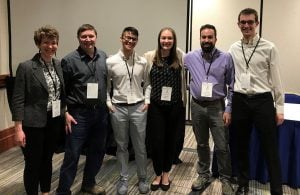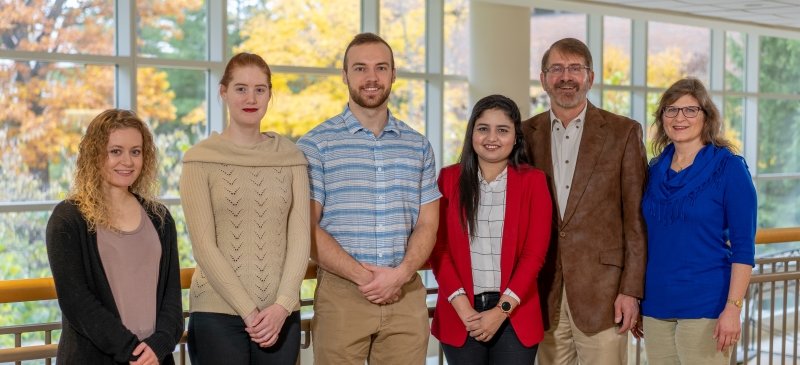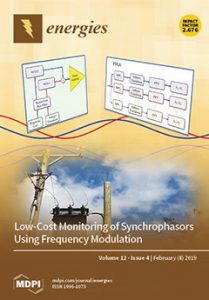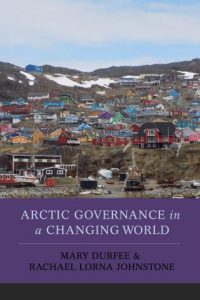
Faculty and students from MTU’s Historical Environments Spatial Analytics Lab, the Department of Social Sciences, and GLRC traveled to the annual meeting of the American Association of Geographers in Washington D.C. Don Lafreniere (SS/GLRC Faculty) presented a paper entitled “Public Participatory Historical GIS to Build a Spatial Data Infrastructure of Historical Landscapes and Environments”. Dan Trepal (IHA PhD Candidate) presented a paper entitled :Using Historical Spatial Data Infrastructures as a Tool for Hazard Assessment in Urban Industrial Archaeology”. Sun Nguyen (EEP MS Student) presented a paper entitled “Citizen Engagement in Minnesota Environmental Decision Making”. Sophia Ford (EEP MS Student) presented a paper entitled “Mineral Property Law as Exclusion: Obfuscating Mineral Ownership”. Rose Hildebrandt (Psychology Undergraduate and SURF) presented a paper entitled “Empowering Youth to Be a Voice in Neighborhood Change Through Geospatial Technologies”. Tim Stone (Sustainability Sciences Undergraduate and Portage Health URIP) presented a paper entitled “Exploring the Social and Built Determinants of Health of Children in Early Twentieth Century Calumet, MI”.








